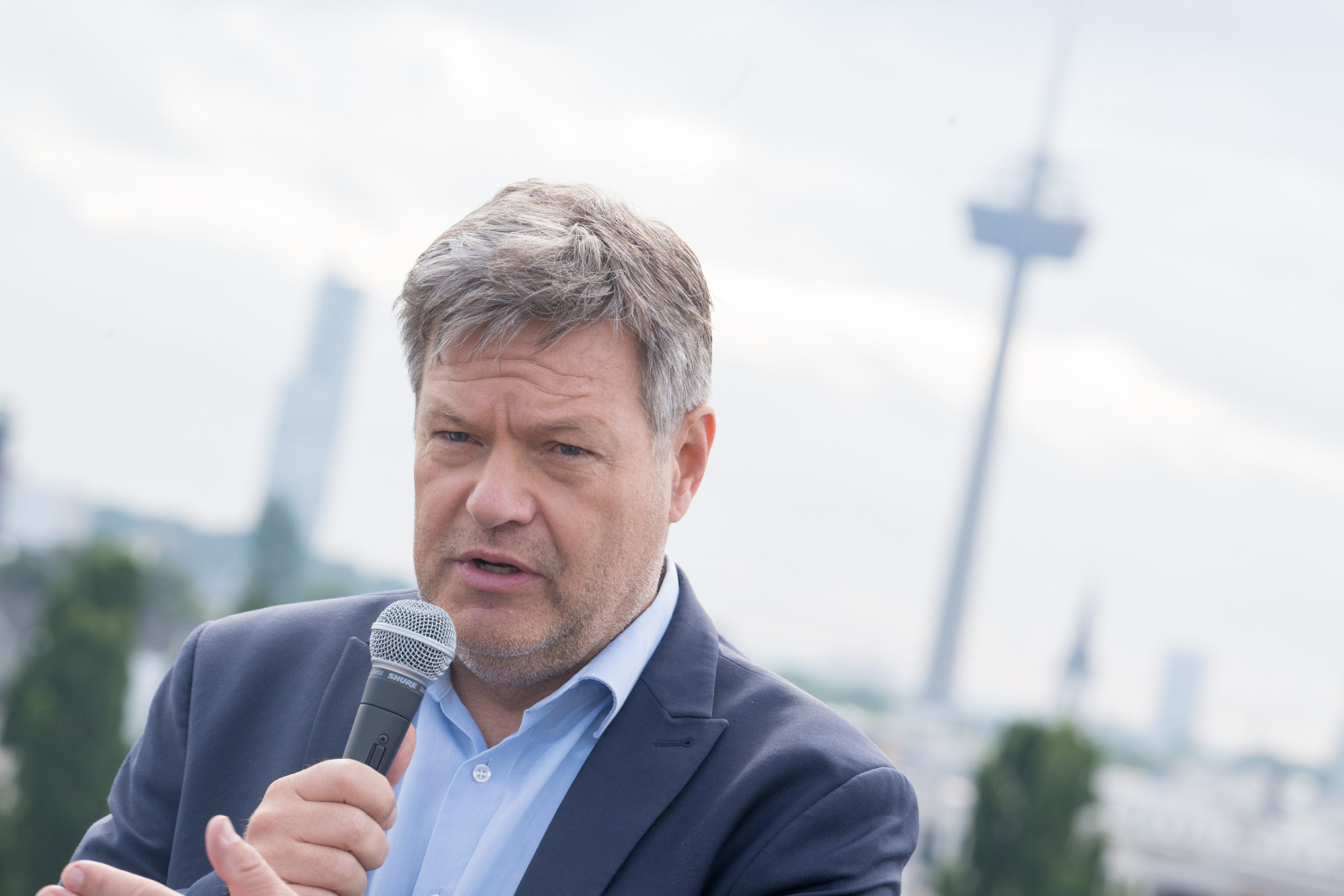Subsequently, wind developers and turbine manufacturers came forward with new information, tipping the commission off to “potential distortions in the development of wind projects in other member states, including in Germany”, a spokeswoman said.
“We have sent requests for information to further assess this information and the existence of potential foreign subsidies distorting the internal market,” said Lea Zuber, the commission’s competition spokeswoman.
The news was first reported in Windpower Monthly, an industry publication. It was understood that the probe was extended at the end of June, but it was not made public at the time.
The development coincides with Beijing launching its first retaliatory moves against the tool, looking for “the negative impact caused by” a series of EU inquiries.
While the foreign-subsidies regulation was adopted last year, Brussels only started using it in 2024. Four of the five instances in which it has been deployed have targeted Chinese firms. These were in the rail, solar, wind and surveillance-equipment sectors.
The instrument is triggered automatically when “distorting” subsidies are suspected to have been received by companies bidding for procurement tenders or entering merger-and-acquisition processes within the EU’s single market.
The commission also has the power to launch investigations of its own volition when it suspects a company to have received subsidies that disadvantage local competitors without declaring them.
This ‘ex-officio’ method is how Brussels is exploring alleged distortions in the wind-turbine sector.
The regulation has rattled Chinese companies and angered Beijing. To comply, firms are required to hand over voluminous and detailed information about their operations within tight deadlines.
For some state-linked businesses, it could mean giving Brussels information deemed sensitive in Beijing, putting them on a collision course with authorities back home.
Rather than comply with the EU’s investigations, Chinese rail and solar companies have withdrawn from lucrative procurement tenders.
Earlier on Wednesday, China’s commerce ministry opened a six-month “barrier investigation” into whether Brussels’ actions are above board.

A notice published on the ministry’s website was light on detail and made no indication as to the sort of retaliatory measures that could be in store.
The EU’s action comes at a delicate moment for Berlin too: German authorities last week said they would “scrutinise very closely” a deal between Hamburg-based asset manager Luxcara and Chinese turbine manufacturer Ming Yang Smart Energy.
The transaction would see Ming Yang provide 16 turbines for a wind farm in Germany, but the economy ministry is looking into security concerns, in what is considered to be critical infrastructure.
On Tuesday, Robert Habeck, Germany’s economy minister, confirmed that Berlin was concerned about the security aspect of Chinese involvement in wind projects and that he would try to ensure control over the data generated is not transferred to China.
“It is possible that wind-energy parts are from China, I cannot exclude that. Hopefully not in the digital-control parts,” Habeck said in Bonn.
The wind spat is but one open front in an escalating trade and economic dispute between the EU and China.

